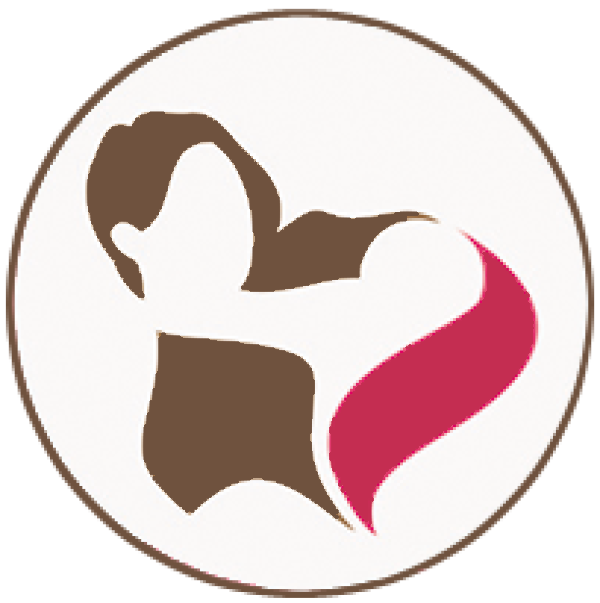Many breastfeeding advocates were startled by the worldwide press given to an article that appeared last week in the British Medical Journal. Its authors suggested that the evidence for exclusive breastfeeding for the first 6 months of life is less than compelling. And they shared data that caused them to question whether starting solids between 4 and 6 months of age might be a healthier alternative for families in affluent countries.
Is this recommendation from the World Health Organization (WHO) really out of date? Should it be revisited? In response, Randa Saadeh of the Department of Health and Development at WHO headquarters in Geneva, Switzerland released the following statement:
"WHO's global public health recommendation is for infants to be exclusively breastfed for the first 6 months of life to achieve optimal growth, development and health. Thereafter, infants should be given nutritious complementary foods and continue breastfeeding up to the age of 2 years or beyond.
"WHO closely follows new research findings in this area and has a process for periodically re-examining recommendations. Systematic reviews accompanied by an assessment of the quality of evidence are used to review guidelines in a process that is designed to ensure that the recommendations are based on the best available evidence and free from conflicts of interest.
"The paper in this week's BMJ is not the result of a systematic review. The latest systematic review on this issue available in the Cochrane Library was published in 2009 ("Optimal duration of exclusive breastfeeding (Review)", Kramer MS, Kakuma R. The Cochrane Library 2009, Issue 4). It included studies in developed and developing countries and its findings are supportive of the current WHO recommendations. It found that the results of two controlled trials and 18 other studies suggest that exclusive breastfeeding (which means that the infant should have only breast milk, and no other foods or liquids) for 6 months has several advantages over exclusive breastfeeding for 3-4 months followed by mixed breastfeeding. These advantages include a lower risk of gastrointestinal infection for the baby, more rapid maternal weight loss after birth, and delayed return of menstrual periods. No reduced risks of other infections or of allergic diseases have been demonstrated. No adverse effects on growth have been documented with exclusive breastfeeding for 6 months, but a reduced level of iron has been observed in developing-country settings."
Reference
Fewtrell, M., Wilson, D.C., Booth, I. Parsons, L., and Lucas, A. Six month of exclusive breast feeding: How good is the evidence? BMJ 342:c5955 doi:10.1136/bmj.c5955.


